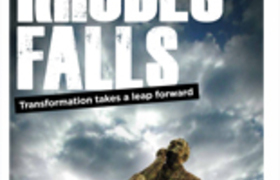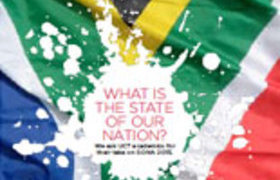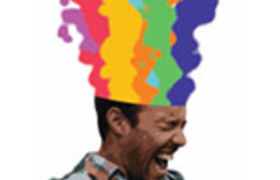Decolonise the mind
05 January 2015Dr Zethu Matebeni
Institute for Humanities in Africa (HUMA)
It would be easy to think that because we are in Africa, the decolonisation of our institution is less challenging - when in fact a lot of us within the academy are so immersed in colonial thinking that we have to consider how to deal with the internal colonialisation in terms of how we think and write. Decolonising the mind is harder than changing the curriculum.
Social science theories prioritise colonial thinking. Not only do these theories come from the west, or north, but they think of our location in the south as underdeveloped, underprivileged, and in terms of lack. These theories are not grounding our local thinking as a priority, or even leaving space for grounded theorising. Instead, the ideal seems to always be pushing towards assimilation - to be like the West, to engage with such theoretical frameworks and their in/applicability in local contexts.
Decolonisation revolves around taking issues of social justice seriously. An understanding that the university sometimes contributes to education and knowledge injustice is the first step to thinking about how the university can be decolonised. Decolonisation should seek to take seriously social justice issues such as marginalisation, oppression, xenophobia, transphobia and homophobia, which are human rights violations that affect people within the university spaces. Decolonisation would result in a real awareness and engagement with issues in the country and the continent.
A decolonised UCT would mean that the diversity of its community does not say anything about compromised standards of the university. Rather it would point to the richness and quality of this university, the university's contribution to the country and the continent.
I can imagine that a decolonised UCT would have a vibrant and leading African studies department; a diverse and representative student body; an academic staff profile representative of where we are; an appreciation of African and black scholars; and research agendas that engage with what is happening around and within the university, the country and the continent.
|
|
 This work is licensed under a Creative Commons Attribution-NoDerivatives 4.0 International License.
This work is licensed under a Creative Commons Attribution-NoDerivatives 4.0 International License.
Please view the republishing articles page for more information.
Feature
Front page
Opinions
Previous Editions










